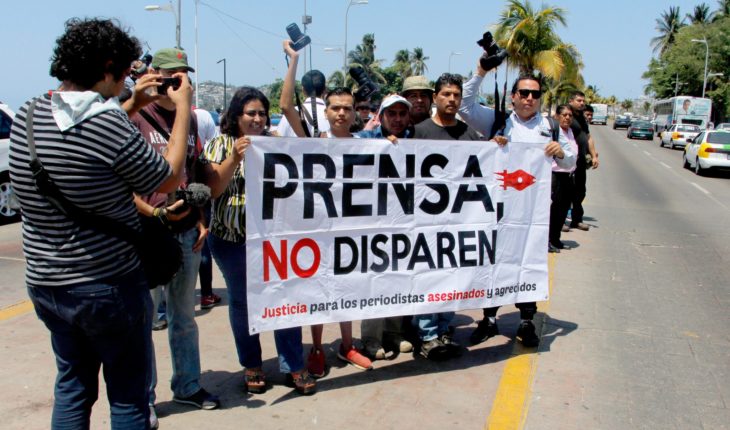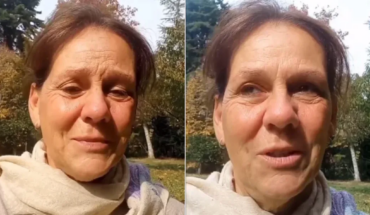the four mechanisms of protection for journalists and defenders of existing rights Latin America do not work. There is lack of human and financial resources, said Emmanuel Colombié, director of reporters without borders Americas desk.
Although he said, its existence “is a positive sign that the Government believes the problem (of attacks on the press and supporters) how important and central.”
Colombia says that Mexico, Colombia, Honduras and Guatemala mechanisms function badly.
” Going into details, there are many problems because teams of mechanisms do not have sufficient training to work and to propose measures, there is a lack of human and financial resources,”said the representative of reporters without borders during the I find journalism Debate 2018, organized by the University of San Francisco de Quito.
The Colombian is the oldest on the continent. It was born in August 2000 and is the model which is based on that of Mexico.
However, it has flaws, because there were cases of corruption, in which bodyguards of protected journalists were infiltrators who gave information on the protected, reminded Colombia.
In the case of Mexico, RSF representative pointed out that there is inefficiency, since journalists and advocates who were inside the mechanism were killed.
The Council of the Mexican mechanism was notified in October that 727 human rights defenders and journalists will be without protection measures due to lack of budget.
In the past Universal periodic review (UPR) of human rights, which was held in Geneva, Switzerland, Nations urged Mexico strengthen the mechanism of protection to journalists and human rights defenders, and ending the impunity of their murdered.
So far in six years, more than 40 journalists and at least 110 human rights defenders have been killed.
From Geneva, the Under-Secretary for human rights, Rafael Avante, explained that in the past six years, the mechanism had given protection to 1,030 journalists.
However, he said, “Despite these efforts, must acknowledge and regret the murders that have been committed against these people, three of them, were beneficiaries of this mechanism”.
Colombia says that while the initiative to create mechanisms to protect journalists and human rights defenders must come from the Government, also it should work with civil society and journalists “to have the best possible mechanism”.
“There is no perfect system, but it must promote that there is,” he added. He said the case of Ecuador, where last January two journalists of the daily El Comercio and a conductor of the medium were abducted and killed by dissidents of the FARC, on the border with Colombia.
After this fact, organizations of journalists behind the creation of a mechanism of protection for Ecuador.
Wrong with the mechanisms in its report, America: situation of the mechanisms of protection for defenders of the human rights, Amnesty International says the failures of these figures.
On the Colombian mechanism notes that while “has saved lives, and after years of implementation, it has made progress in relation to the adoption of a protocol to implement a collective protection plan,” their measures “are still mainly police”.
What has been criticized by civil society organizations, as some emergency measures have a negative impact on human rights of protected persons.
One of the challenges facing, says AI, is the impunity on the attacks on human rights defenders.
Honduras began with its mechanism in 2015. Three years of its implementation, Amnesty notes between their faults that police measures of protection, should approach has not been exceeded also ensure the participation of civil society in decision-making.
Like Colombia, should fight impunity in attacks on the adoption of measures to combat impunity in cases of attacks against them.
In Guatemala, AI says, “there is no systematic or coordinated approach of the authorities for the protection of the human rights defenders”. Impunity is also a challenge for the authorities when they provide protection: ‘the adoption of effective measures to counter abuse of the system of Justice against human rights defenders, and the stigmatization of these’.
translated from Spanish: Protection to journalists and advocates mechanisms do not work in Latin America: RSF
November 15, 2018 |





